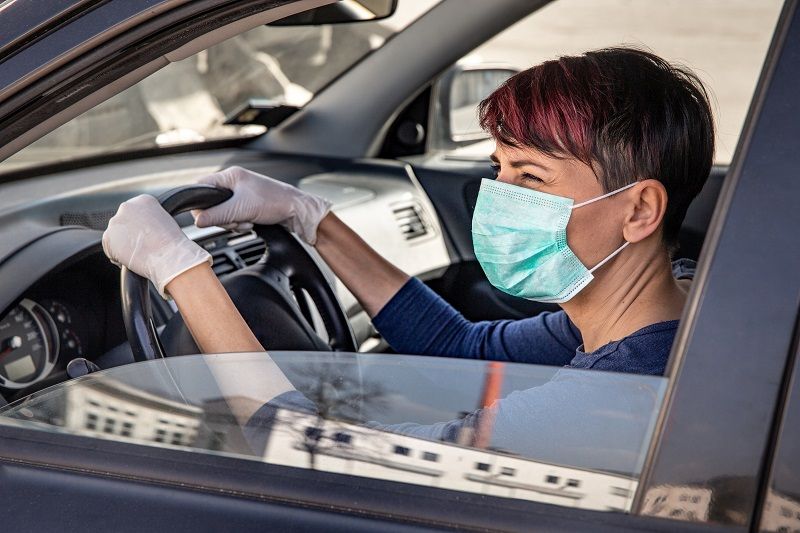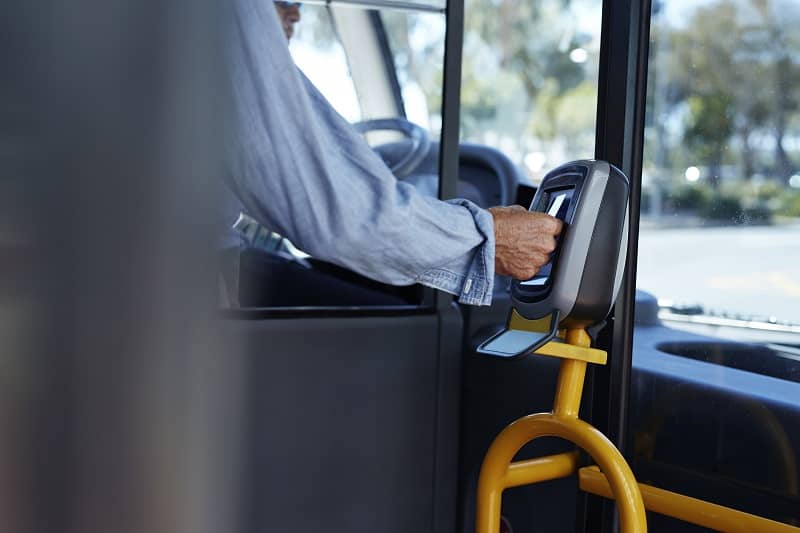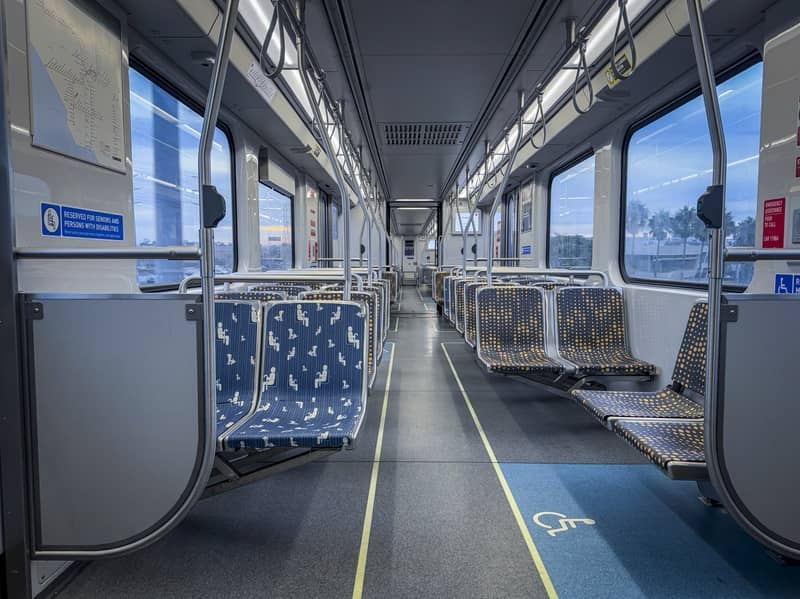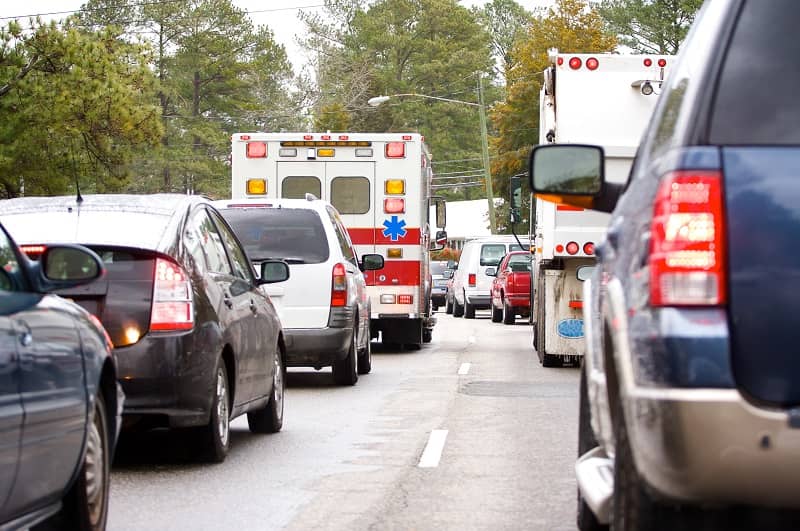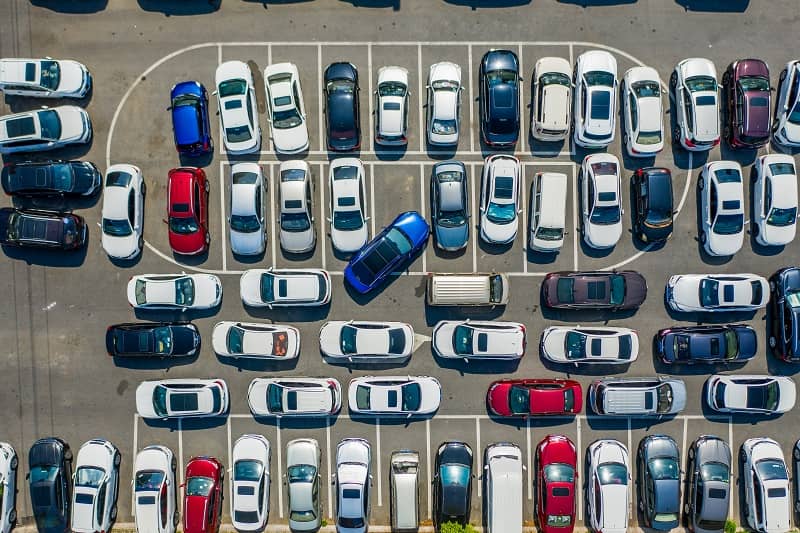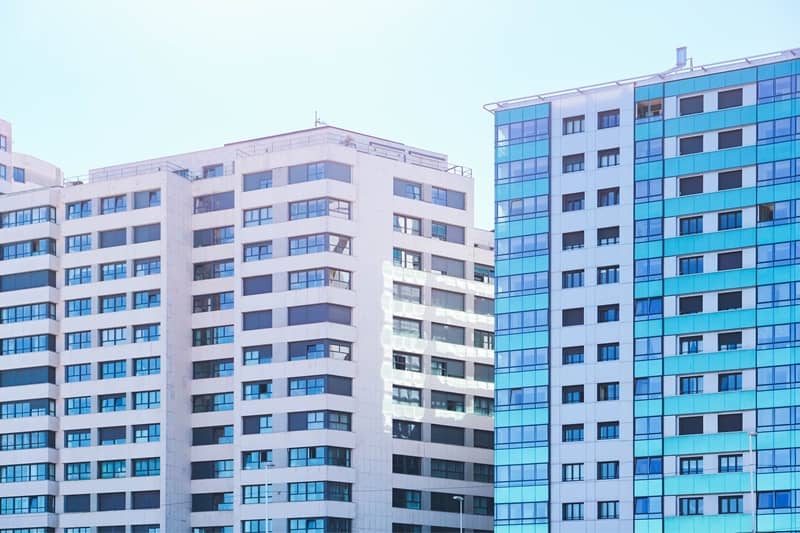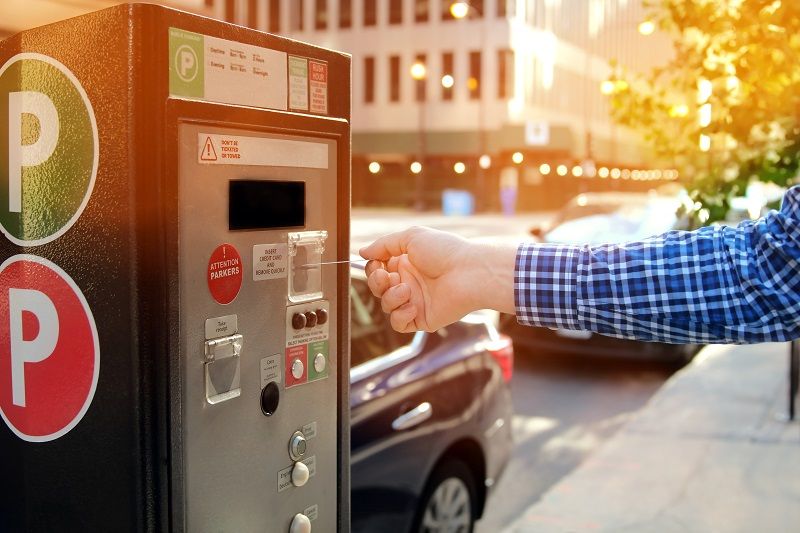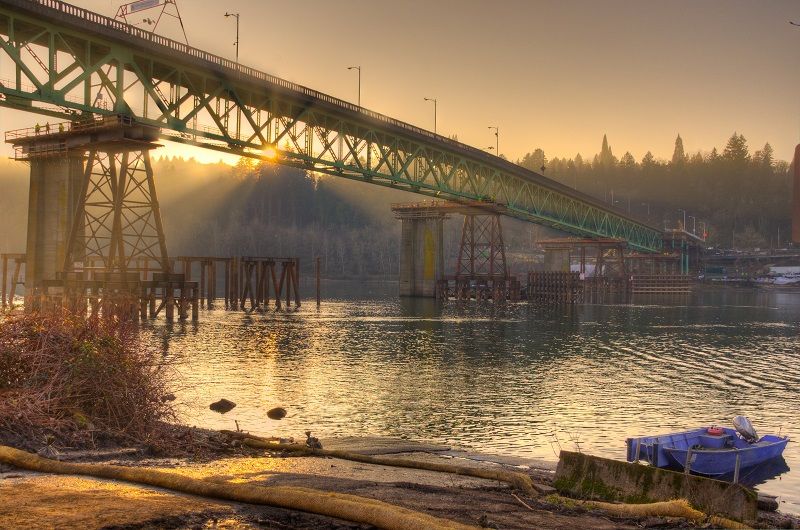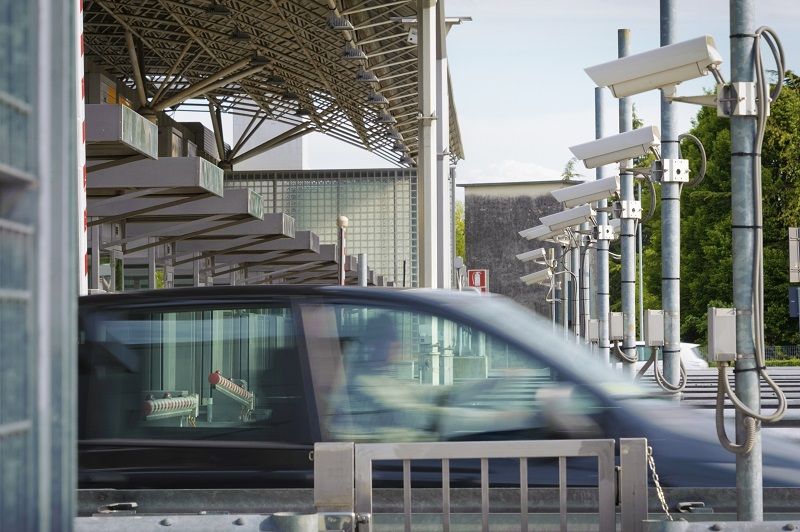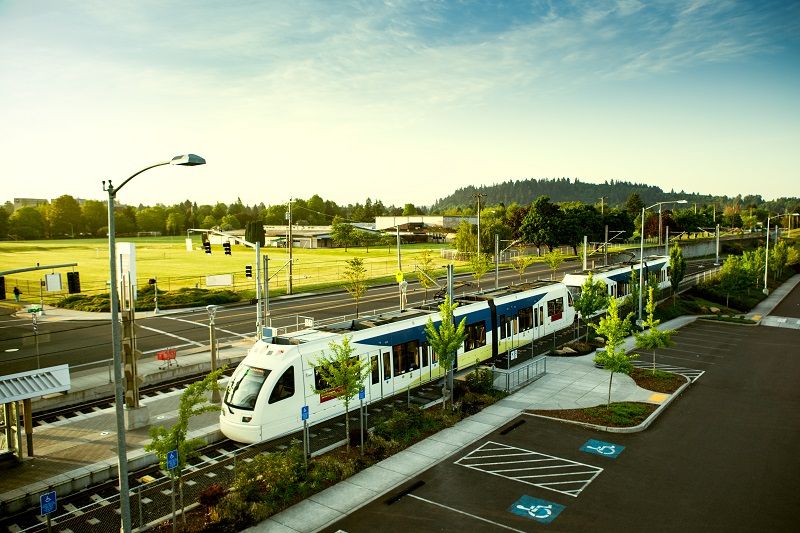

Portland City Commissioner Sam Adams and Multnomah County Chair Ted Wheeler have proposed a 3-cent-per-gallon tax increase and a monthly fee for homeowners and businesses in order to generate roughly $485 million over 10 years that would be used for local street maintenance, safety programs, and Willamette River bridge repairs. However, before this concept is approved, the two politicians have some explaining to do about current priorities.
According to a city auditor’s report published in December 2006, the total amount of money spent by Portland each year on transportation over the past decade increased by 61% (after accounting for inflation), yet the backlog of under-maintained street miles went up from 494 in 1996 to 627 in 2006. Funds spent on street maintenance actually declined during that period, while expenditures on new capital projects such as the Portland streetcar tripled.
Capital spending per capita, after accounting for inflation, went up from $33 to $126 during the 10-year period, while operating expenditures (used for basic street maintenance) declined from $170 to $166.
Most of these capital projects were built as part of the city’s misguided campaign to “get people out of their cars,” but the City Auditor reports that Portland commuters increased their level of single-occupant driving by one percent over the ten-year period, while transit use remained flat and walking declined by two percent. As a consequence, Portland traffic congestion steadily worsened, imposing large delay costs on motorists.
Portland certainly needs new investments in local bridges, and the street maintenance backlog is an embarrassment. But we should not adopt new transportation taxes until local politicians agree to stop wasting the money they already have.
© 2007, Cascade Policy Institute. All rights reserved. Permission to reprint in whole or in part is hereby granted, provided the author and Cascade Policy Institute are cited. Contact Cascade at (503) 242-0900 to arrange print or broadcast interviews on this topic. For more topics visit the QuickPoint! archive.
